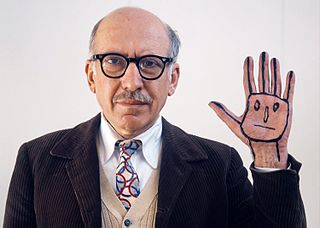A Quote by Roger Ebert
Ridley Scott's 'Prometheus' is a magnificent science-fiction film, all the more intriguing because it raises questions about the origin of human life and doesn't have the answers.
Related Quotes
The real origin of science fiction lay in the seventeeth-century novels of exploration in fabulous lands. Therefore Jules Verne's story of travel to the moon is not science fiction because they go by rocket but because of where they go. It would be as much science fiction if they went by rubber band.
Science fiction is a weird category, because it's the only area of fiction I can think of where the story is not of primary importance. Science fiction tends to be more about the science, or the invention of the fantasy world, or the political allegory. When I left science fiction, I said "They're more interested in planets, and I'm interested in people."
My feeling, however, is that films that are open are more productive for the audience. The films that, if I'm in a cinema, and I'm watching a movie that answers all the questions that it raises, it's a film that bores me. In the same way, if I'm reading a book that doesn't leave me with questions, moving questions, that I feel confronted with, then for me it's a waste of time. I don't want to read a book that simply confirms what I already know.
There are loads of sociopolitical, racial, class and future-planet situations that really interest me, but I'm not really interested in making a film about them in a film that feels like reality because people view that in a different way. I like using science fiction to talk about subjects through the veneer of science fiction.




































